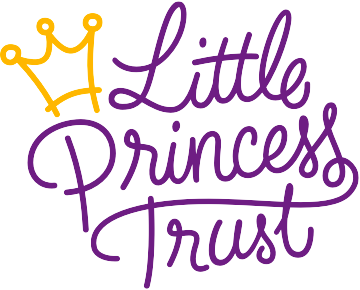The Little Princess Trust Safeguarding Policy
The Little Princess Trust believes that a child or adult should never experience abuse of any kind. The charity recognises that it has a responsibility to promote the welfare of all children and adults at risk and to keep them safe.
Safeguarding and promoting the welfare of children are everyone’s responsibility. Everyone who comes into contact with children and their families and carers has a role to play in safeguarding children. If children and families are to receive the right help at the right time, everyone who comes into contact with them has a role to play in identifying concerns, sharing information, and taking prompt action.
The charity will take all reasonable measures to ensure that all staff and volunteers are aware of their Safeguarding responsibilities. The Little Princess Trust is dedicated to safeguarding both children and adults at risk. A Safeguarding Policy is in place, and regularly reviewed, covering all staff, Trustees, volunteers, representatives, including salons and individual wig fitters providing the services of The Little Princess Trust to its beneficiaries. The policy also applies to all staff and volunteers as they go about their daily tasks.
Further guidance and information on Safeguarding can be found at:
- Working Together to Safeguard Children (HM Government March 2018) https://www.gov.uk/government/publications/working-together-to-safeguard-children--2
- What to do if you are worried a child is being abused (HM Government March 2015) https://www.gov.uk/government/publications/what-to-do-if-youre-worried-a-child-is-being-abused--2
How to raise a Safeguarding concern
You can raise a Safeguarding concern directly with The Little Princess Trust, you can do so by contacting:
Designated Safeguarding Officer:
Phil Brace
Telephone: 01432 352359
Email: phil@littleprincesses.org.uk
You can also raise Safeguarding concerns with Herefordshire Council.
Herefordshire Local Authority Designated Officer (LADO)
Telephone: 01432 261739
Secure email: lado@herefordshire.gcsx.gov.uk
LADO Administrator on 01432 261708
Social care contact numbers:
The Multi Agency Safeguarding Hub (MASH) 01432 260800
Advice an help is also available through:
Childline 0800 1111
NSPCC Child Protection Helpline 0808 800 5000



